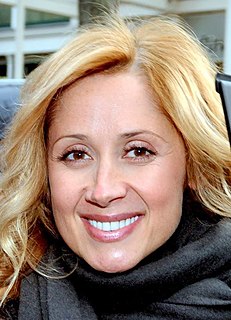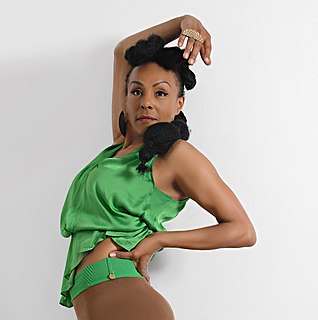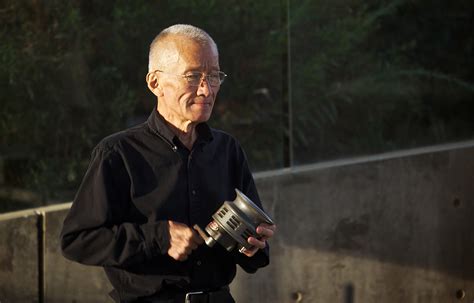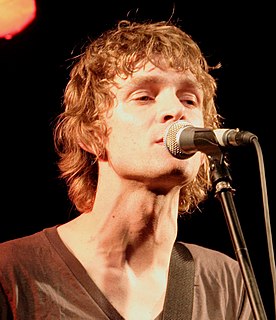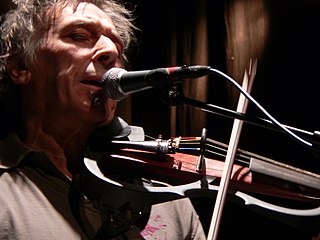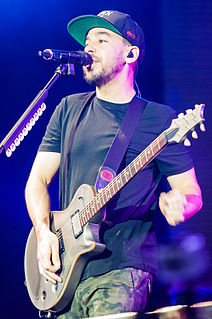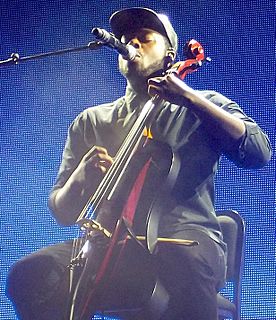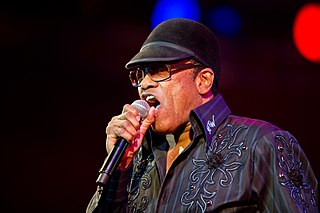A Quote by Satyajit Ray
I mix Indian instruments with Western instruments all the time.
Quote Topics
Related Quotes
At that time, 73 and 74, I became aware that there were a number of us making instruments. Max Eastley was a good friend and he was making instruments, Paul Burwell and I were making instruments, Evan Parker was making instruments, and we knew Hugh Davies, who was a real pioneer of these amplified instruments.
I made music on Seven the same way as on the other albums. I only used acoustic instruments... I'm looking for instruments that have vocal sounds, forgotten instruments like the guimbri... The first and second albums were about the voice, what came before. This album is about introducing those sounds into modern, Western life.
In history, in most cultures, and at most points in time, if you want to find the most advanced technologies, you can look principally in two places. One is weapons and the other is musical instruments. My hypothesis is that instruments are usually ahead of weapons. In fact, I think you can find many examples of instruments being predecessors of weapons and very few in the reverse.
Growing up in the Libya of the 1970s, I remember the prevalence of local bands who were as much influenced by Arabic musical traditions as by the Rolling Stones or the Beatles. But the project of 'Arabisation' soon got to them, too, and western musical instruments were declared forbidden as 'instruments of imperialism.'
Initially, when I was making the bagpipes and reed instruments, it was different from the other instruments. In terms of sound itself, it may not be different, but in performing with it, it was a necessity to build it if I was going to perform and make scores with it. By making the instruments, it helped me compose the way I want.
Not only are we not using any programmed loops or computers onstage, we're also improvising with our instruments. We're playing our instruments probably more so than most people that I see play their instruments. I think we all sort of strive for that - we all want magical things to happen onstage. We don't say "mistakes" in this band, we call them "highlights."


